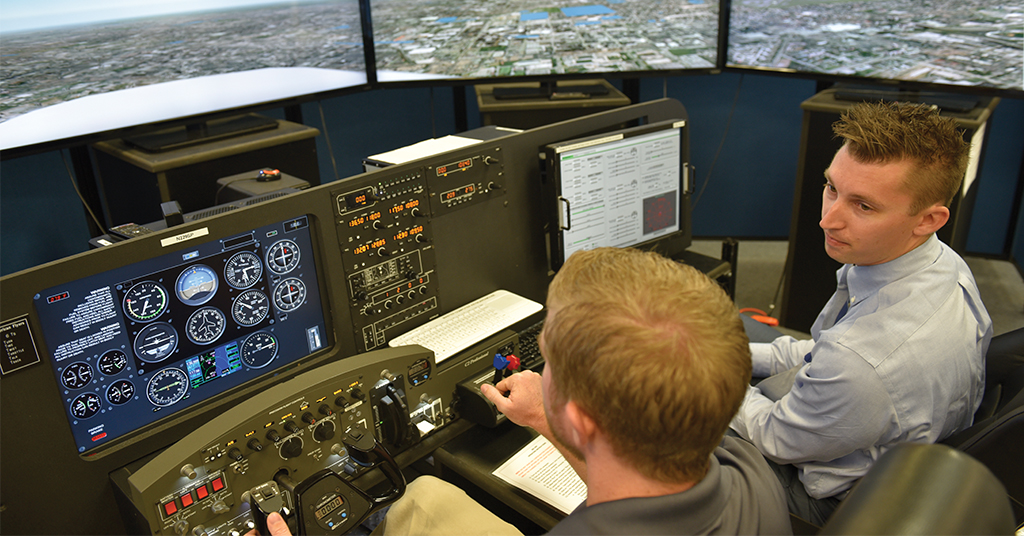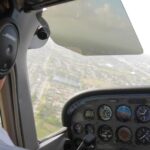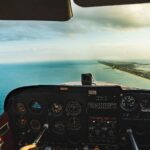By Steven Daun, National Chief Pilot
Unlike the Flight Review, the Instrument Proficiency Check (IPC) is only required if a pilot’s instrument currency lapses—there is no regularly recurring requirement for an IPC. As long as instrument-rated pilots accomplish the approach currency requirements of 14 CFR 61.57, they may never require an IPC! Because of this key difference between the flight review and the IPC, many pilots seeking an IPC tend to be a little rusty on their instrument procedures.
This isn’t all that surprising because instrument flying is a “use it or lose it” skill set. That is, without constant use, the skills necessary for flying solely by reference to instruments become weak. For this article, we are going to discuss the IPC specifically for those pilots whose instrument currency has lapsed.
At first, this may appear to be a daunting and challenging process. Your experience and the outcome of the IPC largely depend on your instructor. Yes, you are a significant part of the equation, but the plan organized by your instructor is the most critical.
Like the Flight Review, we can refer to AC 61-98D for guidance on how to structure an IPC. Similarly to the Flight Review, your instructor should have an understanding of what your needs are, including the type of flying that you do and would like to do.
The plan of action developed by your instructor should include, among other things, scenarios based on what you fly and where you fly. The plan of action should also include those areas in which you feel weak or uncomfortable.
An effective IPC should consist of a ground, simulator, and flight segment to be effective. Airman Decision-Making skills should be discussed and reinforced throughout the IPC.
On the ground, your instructor should begin with a review of what is necessary for you to be legal to fly IFR and what is required for the aircraft to be able to be flown into IMC. The review will then move onto route planning, weather analysis, charts, TPP’s, flight planning and clearances. A discussion and review of Basic Attitude Instrument Flying, Partial Panel, Procedure Turns, Segments of the Approach, Non-Precision and Precision Approaches, Holds, and Arc’s will follow.
The simulator session should focus on a review of these basic skills starting with Basic Attitude Instrument Flying.
The Flight portion should consist of a series of scenarios. Your instructor should have you file a flight plan and practice picking up the clearance. After departure, you will intercept and track your initial course and during your flight, your instructor should present a partial panel, deviation, and emergency scenarios. Proper planning can enable you to practice holding and arcs in addition to shooting various approaches.
To get the most out of your IPC, it is strongly recommended that you do some studying and preparation on your own before you show up. An excellent place to start is AC 61-98D, which will give you an idea of the elements that your instructor will be using. Next will be the instrument flight manual that you used for your training. If you no longer have one, you can contact the American Flyers National Support Teach to purchase one of ours. The FAA also has a collection of manuals and material on their website that can help you as well.










